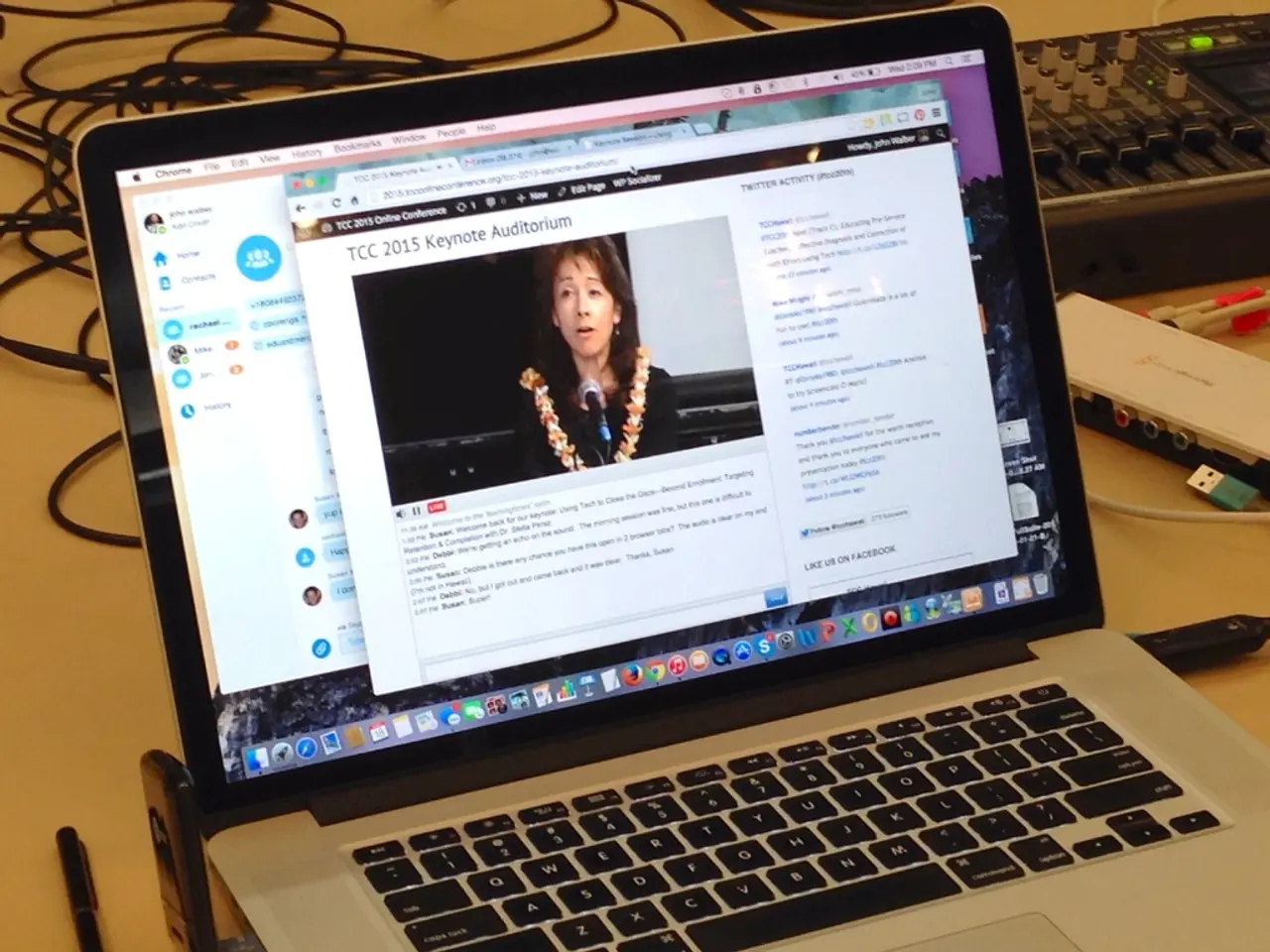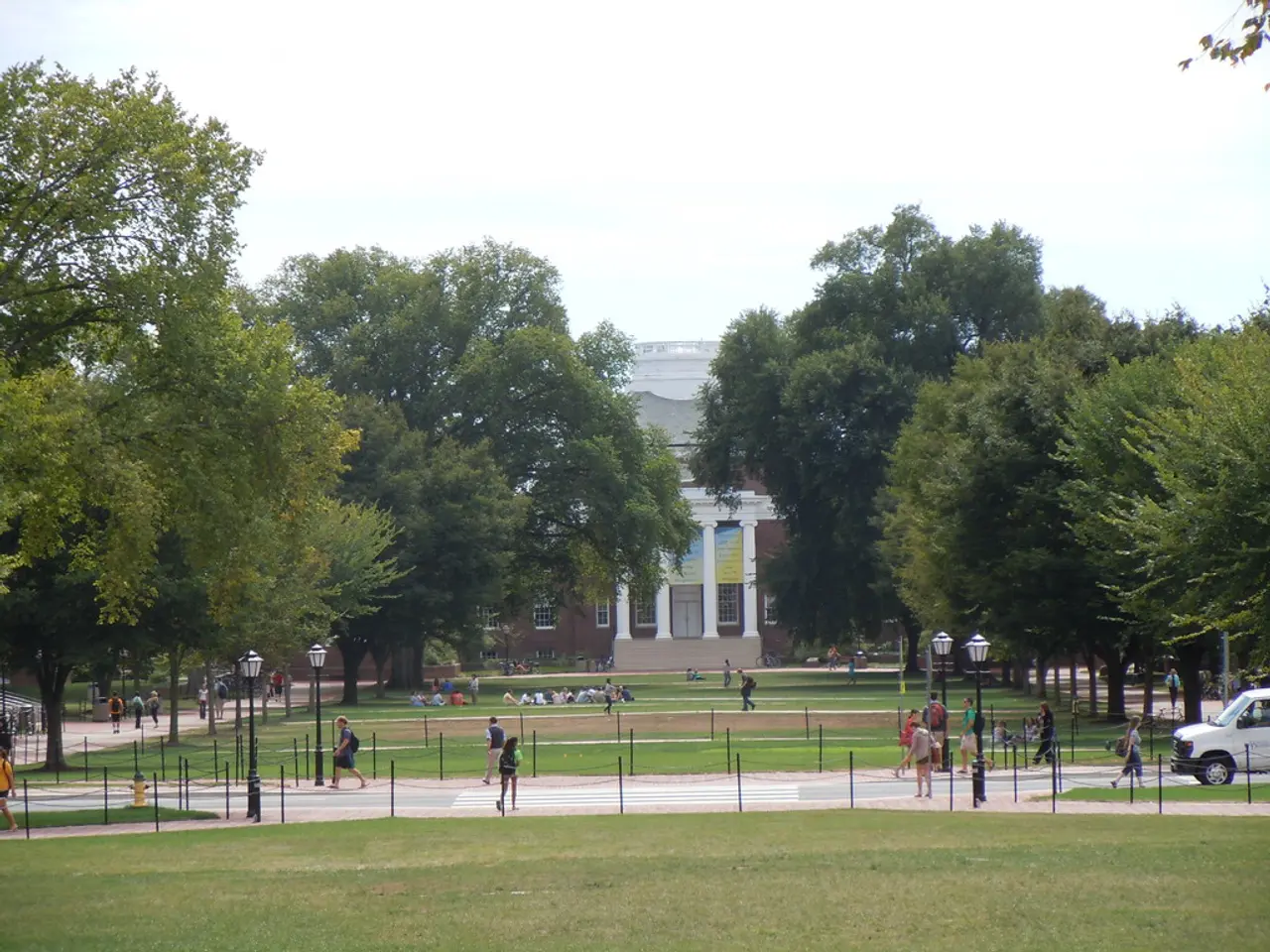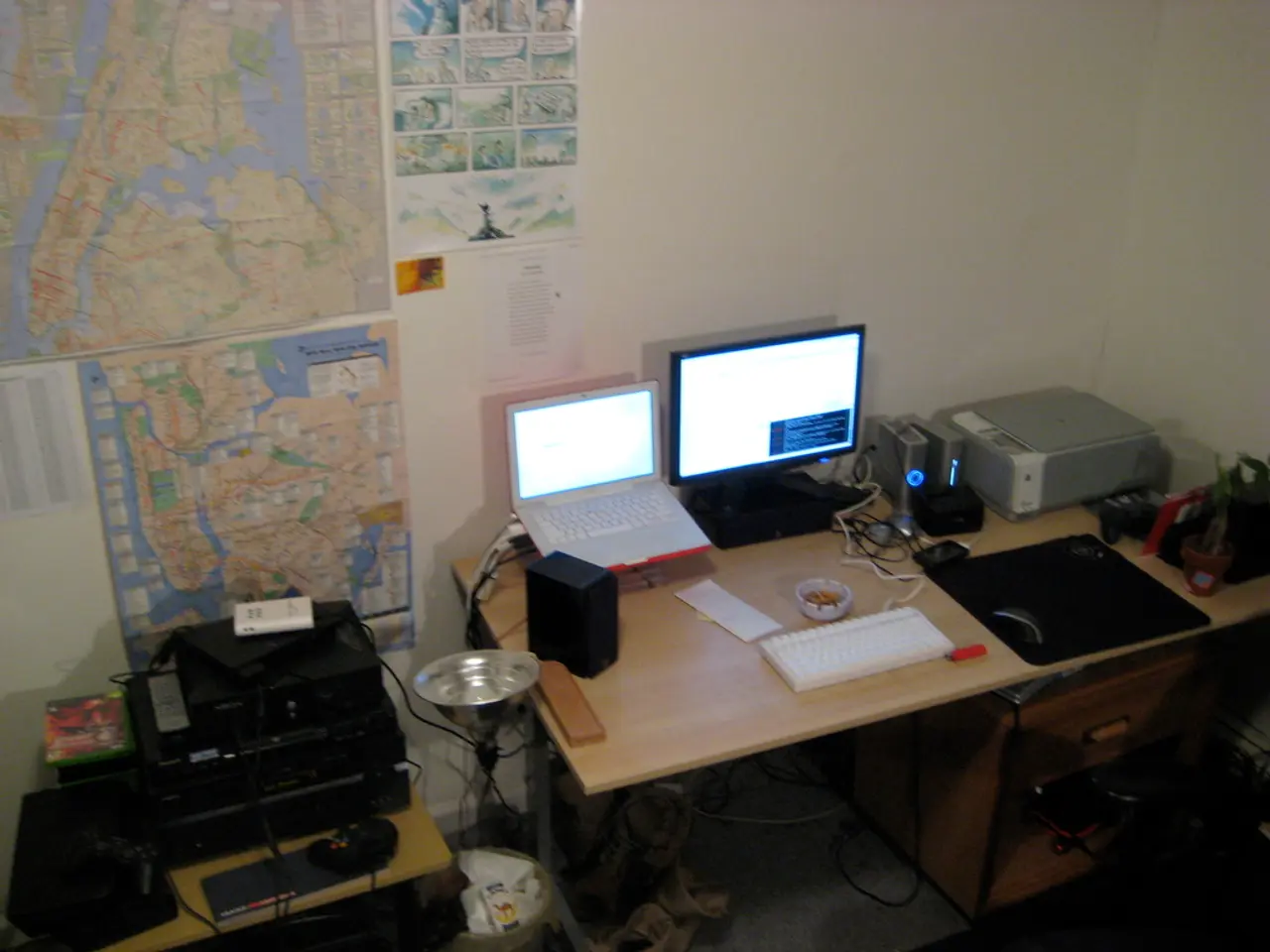Financial centers are courageously reinventing themselves, pushing boundaries in their innovations.
Vietnam's National Assembly has approved Resolution 222/2025/QH15, establishing International Financial Centres (IFCs) in Ho Chi Minh City (HCMC) and Da Nang City, set to commence on September 1, 2025 [1][2][3]. These IFCs are designed to foster distinct but coordinated financial hubs, with HCMC focusing on capital markets, banking, and monetary markets, while Da Nang will specialize in green finance, fintech, digital services, and digital assets experiments [1][2][3].
Foreign investors and businesses operating within these IFCs stand to benefit from a host of incentives. For instance, priority projects will enjoy a 10% Corporate Income Tax (CIT) rate for 30 years, including a 4-year full exemption and a 50% reduction for the subsequent 9 years [1][2]. Non-priority projects will be subject to a 15% CIT rate for 15 years, with up to 2 years exemption and a 50% reduction for up to 4 subsequent years [1][2]. Additionally, foreign professionals working in the IFCs will be exempt from personal income tax until 2030 [1].
Moreover, these IFCs offer incentives on land use and dispute resolution, as well as policies related to foreign exchange, banking, capital markets, labor, customs, immigration, and construction [1][2]. The IFCs will also host diverse and specialized exchange platforms for commodities and derivatives, carbon credits, rare metals, and cultural and artistic assets [3].
The regulatory framework and governance of the IFCs are designed to provide autonomy, operational efficiency, and international standards of transparency and legal certainty [3]. HCMC’s IFC will be situated in designated zones in former Districts 1 and 2, with infrastructure investments around USD 7 billion [4]. Entities eligible for special IFC membership and associated policies are defined under the resolution [3].
These new regulatory and incentive frameworks aim to attract global investment, expertise, and capital, contributing strategically to Vietnam’s goal of becoming a competitive regional financial hub [1][2][4]. Fintech companies can participate in controlled sandbox programmes, exempt from certain legal and technical requirements, and are eligible for incentive schemes equivalent to or exceeding those granted at the National Innovation Centre [1].
Investment projects situated within the IFC boundaries are entitled to long-term land use rights, with potential extensions up to 70 years for priority sectors or significant-scale projects, and up to 50 years for others [1]. Foreign investors may fully or partially own IFC members and establish entities within the IFCs without undergoing Vietnam's usual investment licensing procedures [1].
Foreign exchange rules within the IFCs have been liberalized, allowing members to use foreign currencies for various activities and borrow from offshore entities [1]. Financial products certified as "green" by the relevant authorities may be issued and traded within the IFCs, with issuers and investors entitled to preferential tax treatment [1].
The plans for these IFCs are expected to boost Vietnam's competitiveness in the region, attracting global investment and fostering innovation in fintech and green finance. Detailed implementing decrees will clarify operational specifics by late 2025 [1][2][3].
[1] https://www.vietnamnews.vn/economy/836065/vietnam-to-establish-international-financial-centres-in-hc-mc-danang.html [2] https://www.vietnaminsider.vn/economy/vietnam-to-establish-international-financial-centres-in-hc-mc-danang-356536.html [3] https://www.vietnamplus.vn/vietnam-to-establish-international-financial-centres-in-hc-mc-danang/214454.vnp [4] https://www.vietnamnet.vn/en/business/7-billion-invested-in-infrastructure-for-hcms-international-financial-centre-719214.html
- Vietnam's International Financial Centres (IFCs) in Ho Chi Minh City (HCMC) and Da Nang City will focus on distinct sectors, with HCMC specializing in capital markets, banking, and monetary markets, and Da Nang focusing on green finance, fintech, digital services, and digital assets experiments.
- Foreign investors and businesses operating within these IFCs will benefit from incentives such as a lower Corporate Income Tax (CIT) rate, longer land use rights, and exemption from certain legal and technical requirements.
- The regulatory framework and governance of the IFCs aim to provide autonomy, operational efficiency, and international standards of transparency and legal certainty. The IFCs will also host diverse exchange platforms for various commodities and assets.
- By attracting global investment, expertise, and capital through these new regulatory and incentive frameworks, Vietnam aims to become a competitive regional financial hub, boosting its competitiveness and fostering innovation in fintech and green finance.




